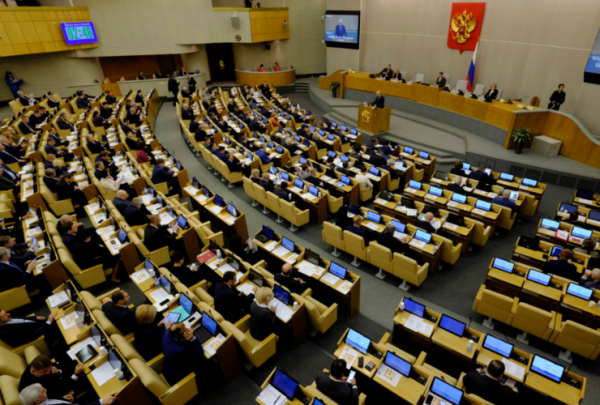Hungary’s parliament last week passed another element of a controversial media reform package which will force journalists to identify their sources in stories involving national security and public safety. The law comes into effect on 1 January 2011.
If faced with judicial action, journalists would only be able to keep their source secret if such secrecy is ruled to be in the public interest. Also, when the information is deemed to contain state secrets or obtained illegally, the sources would have to be named.
IPI Press Freedom Manager Anthony Mills said: “An essential pillar of investigative journalism is the confidentiality of sources. Jeopardising this will hamper the flow of information to journalists and will deprive citizens of their right to know about matters that may constitute an irritation to a government but lie squarely in the public interest. This latest move by Hungary’s parliament is another negative benchmark in the downward slide of Hungary’s press freedom environment.”
Dr. Ivan Lipovecz, an IPI board member and former editor-in-chief of Hungarian weekly newspaper HVG, said that the law would have a negative impact on the content carried by Hungarian media. “The law is against the normal democratic thinking of people and has just made public broadcasting dependent on the government,” he said.
The two-thirds majority enjoyed by the centre-right Fidesz party in Hungary’s parliament implies that it can pass almost any legislation and also alter the constitution. In recent months, the government has made many alterations to the media structure of Hungary, with several party members appointed to vital positions in the country’s media and programming.
The government has claimed these changes are necessary but IPI has warned that the moves are an attempt to “to exert control over public broadcasters.”


